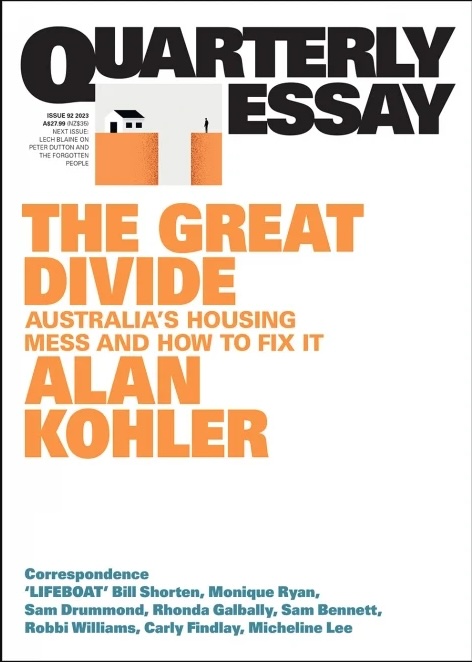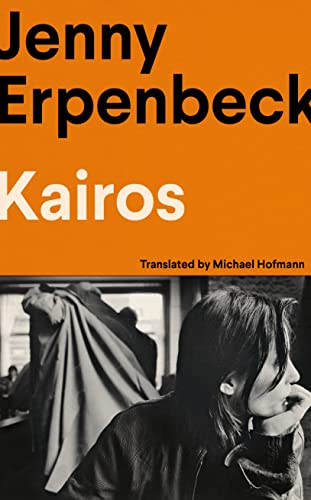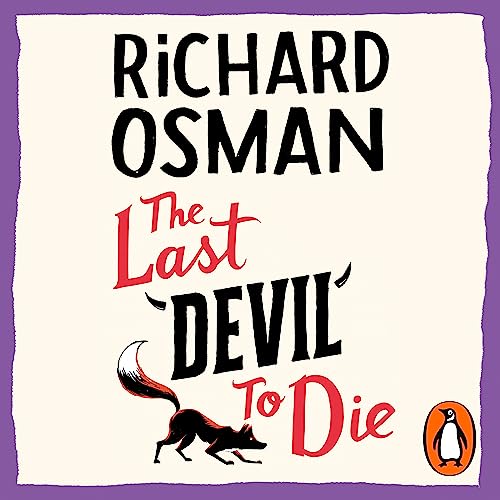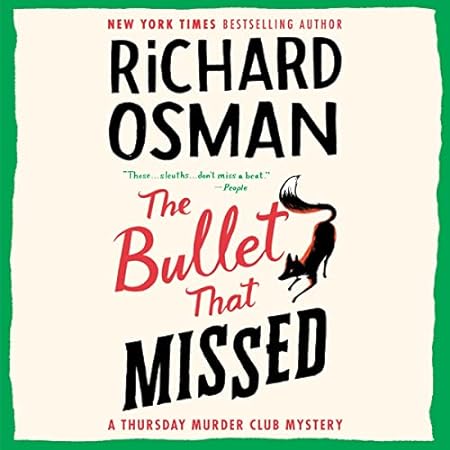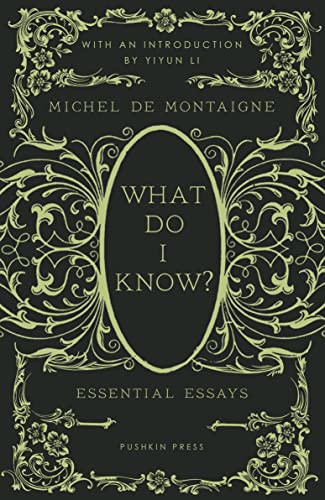Alan Kohler, The Great Divide: Australia’s Housing Mess and How to Fix It (Quarterly Essay 92, 2023) – plus correspondence in Quarterly Essay 93
Alan Kohler appears regularly on the ABC News, the genial presenter of largely incomprehensible finance updates. He usually flashes up a chart or two, giving the impression he’s doing it for his own amusement as much as our enlightenment, and then signs off, ‘And that’s finance.’
This Quarterly Essay has some of that trademark geniality, and it has graphs, but it’s a long way from incomprehensible. As someone who is near-illiterate about economics, I found it wonderfully instructive about the background and causes of the current housing crisis, and while his proposed solutions seem unlikely to be implemented I could follow their logic.
The key issue is probably obvious, but it’s a joy to see it named so clearly:
The houses we live in the places we call home and bring up our families in, have been turned into speculative investment assets by fifty years of government policy failure. (Page 3)
The notion of a home as investment goes back further than 50 years, as the essay describes, but as with so many of the ills of contemporary Australia, it got a big boost under the prime ministership of John Howard. Then, around the turn of the century, three main things pushed up demand for housing and consequently the price:
A sharp life in immigration that increased the number of people needing a place to live; capital ganis tax breaks and negative gearing, which represent a $96 billion per year subsidy for buying houses;and federal first home buyer grants, which represent a $1.5 billion direct addition to house prices each year. (Page 7)
Add into the mix the conflicting concerns of the three different levels of government, particularly the stalemate that results when state governments push for medium density housing in areas where local governments insist on restrictive zoning regulations.
On the reluctance of politicians to do something about the cost of housing, Alan Kohler quotes John Howard’s bon mot (or mauvais mot if you like): ‘No one came up to me to complain about the increase in the value of their home.’ A sizeable portion of the electorate – home owners and many aspiring home owners – have a vested interest in having prices continue to increase.
Kohler expands lucidly on all these matters, and goes on to propose solutions: of course, to increase the supply of housing, for which he makes a number of suggesrtions; ‘a big investment in trains designed to at least double, preferably triple, the commutable distance from the capital cities and industrial inner suburbs where people work’; ‘reducing demand by restricting negative gearing and increasing capital gains tax’, which ‘should happen, but probably won’t; ‘increasing the supply of medium density in existing suburbs through better zoning and planning’ (which is ‘still more talk than action’); and more abstractly, for government to set an ‘affordability target’, to reduce the ratio of house prices to wages.
On page 77*, Kohler expands on that last proposal:
House prices need to stay put for a while and allow incomes to catch up. Average weekly earnings are currently rising at about 4 per cent a year. For the national median house price [at time of writing the essay] of $740,668 to be 3.5 times income, the average wage would have to be $210,000, more than double what it is now. At 4 per cent growth in incomes per year, that would take about eighteen years.
The only time house prices remained unchanged for that long was from 1930 to 1949 – that is, during the Great Depression and the period of price controls in the war. Even after the recessions of 1982 and 1991, it took less than half that long for prices to start rising again.
So fifteen to twenty years of static house prices would be unprecedented, but that sort of time frame might also get Australians out of the habit of thinking that house prices always rise and that housing is the best way to build wealth. And if housing affordability is to be properly dealt with, we have to change that mindset, because house prices won’t stop rising at twice the rate of incomes unless we stop expecting them to.
Alan Kohler’s 86-page essay generated more than 50 pages of correspondence in the next Quarterly Essay (Lech Blaine’s Bad Cop: Peter Dutton’s Strongman Politics). The correspondents range from qualified approval, such as Joseph Walker’s description of the essay as ‘sober, necessary and broadly correct in its conclusions’ to this scathing ‘stay-in-your-lane’ dismissal by Peter Tulip, chief economist at the Liberal-Party aligned Centre for Independent Studies:
Public discussion of housing policy suffers from undisciplined eclecticism. Too many commentators provide long, unstructured lists of multiple causes or conclude that the truth lies between competing explanations. This muddle reflects an inability or an unwillingness to distinguish the important from the unimportant. Alan Kohler’s Great Divide and the accompanying media coverage are examples.
There’s a lot of robust discussion, which (did I mention that I’m ignorant about economics) I can only watch in dismay. Everyone agrees that there is a problem – that, as Kohler says in the essay, ‘the high price of housing is undermining social cohesion and the proper functioning of the economy and the nation.’ And it’s heartening to see so many people who have invested so much thinking and action in the issue. I’ll give Alan Kohler the last word (it is the last paragraph of his gracious Response to Correspondence):
The process of researching this subject and then engaging with responses to my essay has confirmed that this is a subject about which a lot of people have been thinking deeply and expertly for a long time, and Australia is well served by them. It’s just a pity they are not listened to more. We are less well served by the politicians and bureaucrats whose job it is to do something about it.
* My fairly arbitrary blogging practice is to focus on the page of a book that coincides with my age. This page often reveals interesting things about the book as a whole.

